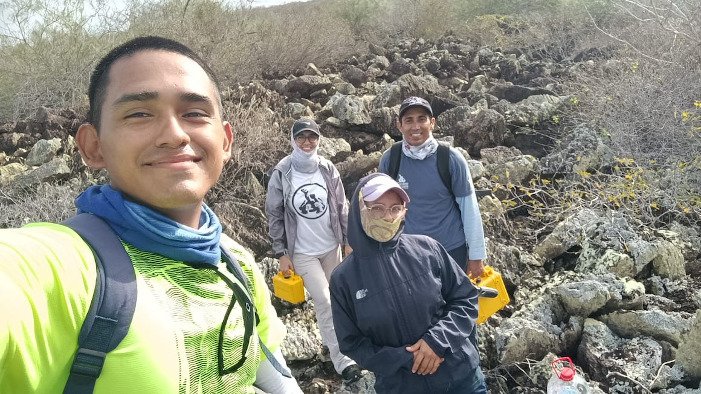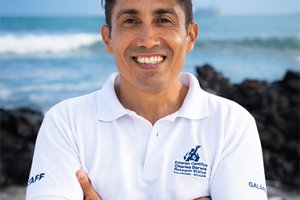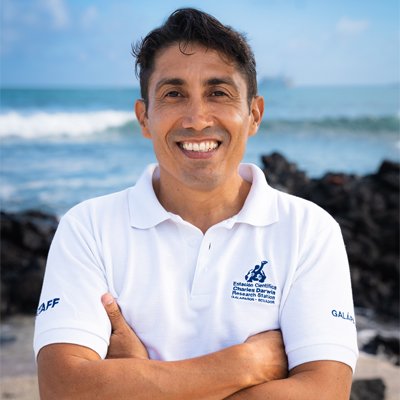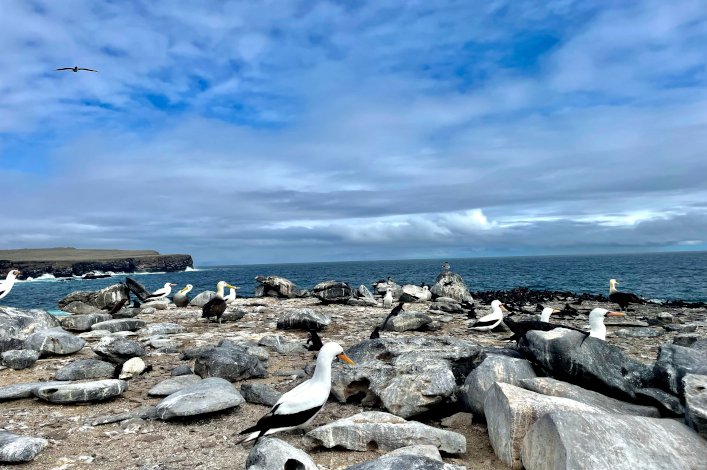
2022: avian influenza arrives in mainland Ecuador
In November 2022, the announcement of an outbreak of H5N1 avian influenza at a poultry farm in mainland Ecuador marked the beginning of what would be a crisis in the country. The State of Animal Health Emergency, declared by the Ministry of Agriculture and Livestock (MAG), was extended until December 2023. In Galapagos, the Technical Committee rigorously prohibited the entry of poultry products, subsequently implementing strict protocols from December 2022 to the present.
The impact of avian influenza on Peru's mainland resulted in the mortality of thousands of wild birds, as well as in the coastal area of continental Ecuador. Even mammals, such as sea lions and dolphins, in Chile were positive, and the record of human cases in Ecuador emphasized the seriousness of the situation. More than 200,000 poultry were affected, especially in central Ecuador.
In addition to this threat of emerging diseases, the prediction of the El Niño event towards the end of 2023 and the beginning of 2024, added additional stress to seabirds, and the archipelago in general. The presence of this natural event on the islands results in a decrease in the availability of food, impacting seabird populations. This was demonstrated in 1982-83 and 1997-98, with significant declines in penguin populations, reaching 300 and 400 individuals, respectively. Additionally, during the same period, reproduction rates were affected, as observed in 2015.
2023: Avian influenza arrives in Galapagos
In September 2023, through a report by the guides of the Galapagos National Park Directorate (GNPD), dead birds and others with erratic movements were recorded on Genovesa, Wolf, and San Cristóbal islands (Punta Pitt), which led the GNPD to immediate action. The meeting requested by the GNPD, with the assistance of the Galapagos Biosecurity Agency (ABG), the Ministry of Agriculture and Livestock (MAG), the Galapagos Government Council (CGREG) and the Charles Darwin Foundation (CDF) resulted in quick measures, such as closing these islands to tourism, including Española, as it is the site of endemic island seabirds, such as the Waved Albatross.
Another action to this emergency was intensive coordination to monitoring the affected islands (zero zone), and other places such as reproductive seabird colonies, establishing active surveillance. Laboratory analyses confirmed the presence of the H5 virus in species such as red-footed boobies, frigate birds, tropical bird, Nazca boobies, and blue-footed boobies. Additionally, in the zero zones, deceased individuals were gathered for disposal following security protocols.
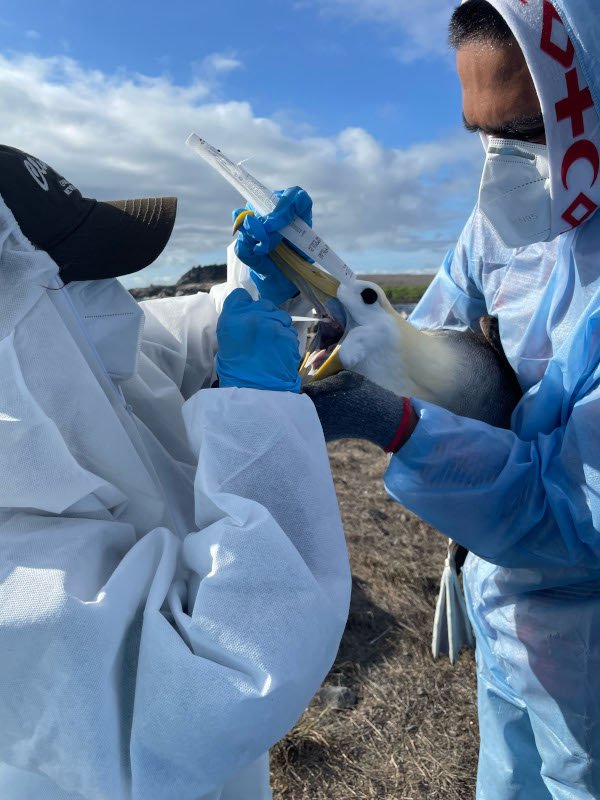
Also, the GNPD, in an effort to reduce the spread of the virus in the Galapagos Archipelago, activated biosafety protocols and distributed information to tourism. The technical team of the GNPD, ABG and CDF work tirelessly on sampling and gathering genetic analysis to identify habitats and areas contaminated by the H5N1 virus. More than 20 monitoring trips have been carried out in various nesting sites on 10 islands of the archipelago in 90 days, since the crisis was declared in Galapagos, seeking to preserve habitats and areas that have not yet fallen under the shadow of this crisis in a “dance of feathers.”
Although there is not a high number of individuals or species affected by Avian Influenza, we should not rest, because the disease is often asymptomatic and lethal. Therefore, it is important to continue with security measures and monitoring, even more so now with the presence of El Niño. These results will guide the implementation of appropriate security measures and protocols to conserve the species in long term. The studies that I lead as part of the CDF and in collaboration with the GNPD and ABG are aimed at better understanding this disease, and collaborations that follow a common objective are also welcome.
